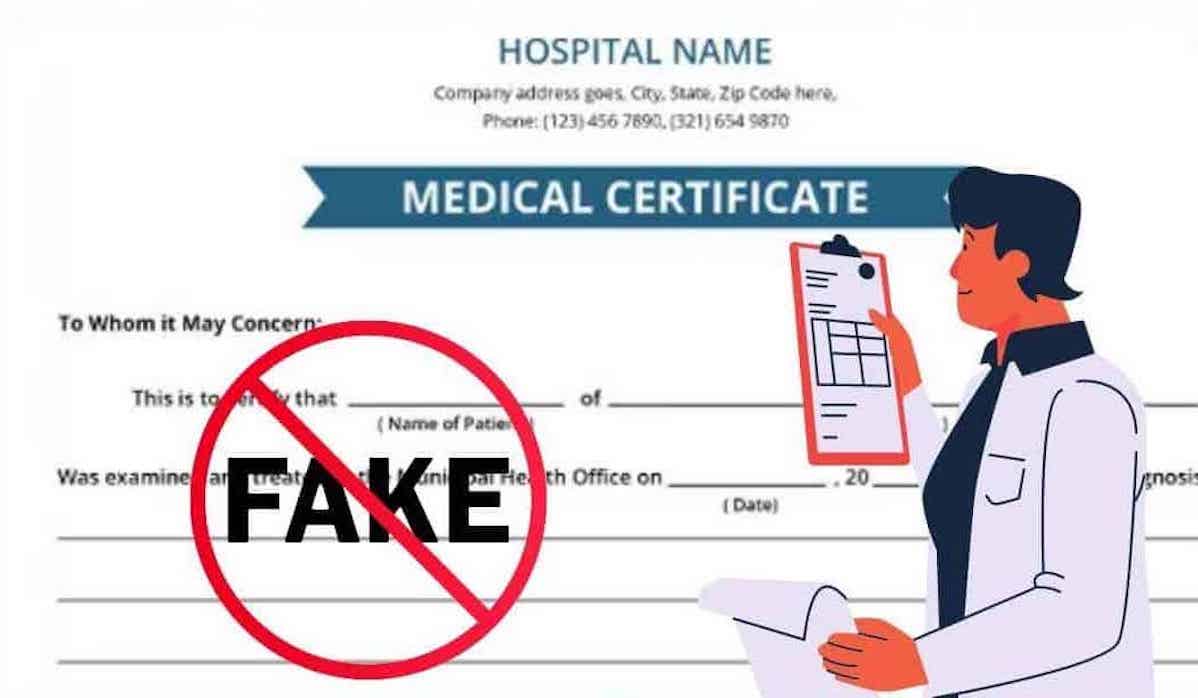Tarun Karthick
Sri Vijaya Puram, 01 October 2024
The Clinical Establishments (Registration & Regulation) Act, 2010, was enacted by the Government of India to ensure the registration and regulation of all clinical establishments, including hospitals, nursing homes, single-doctor clinics, diagnostic centres, and others, in both government and private sectors. This Act prescribes minimum standards for facilities and services provided by these establishments to fulfill the mandate of Article 47 of the Constitution, which aims to improve public health.
The Clinical Establishments Act seeks to promote uniformity and transparency in healthcare services. Its primary objective is to create a standardised framework that ensures consistency across all clinical establishments, enhancing the quality of care provided to patients.
Recently, the Director General of Health Services was alerted to the fact that some clinical establishments are involved in issuing fake medical certificates. These fraudulent certificates, used by individuals to gain employment or participate in sports activities, are illegal and unethical. The use of such forged documents undermines the integrity of the healthcare system and can have serious consequences.
Issuing fake medical and fitness certificates is not only unlawful but also tarnishes the credibility of the healthcare sector. Clinical establishments have been advised to desist from such practices, and the general public is urged to report any unethical behaviour by clinical establishments to the District Registering Authority (SA). Appropriate action will be taken under the Clinical Establishments (Registration & Regulation) Act, 2010, and the Andaman and Nicobar Islands Clinical Establishment (Registration and Regulation) Rules, 2013, to curb these illegal activities.

